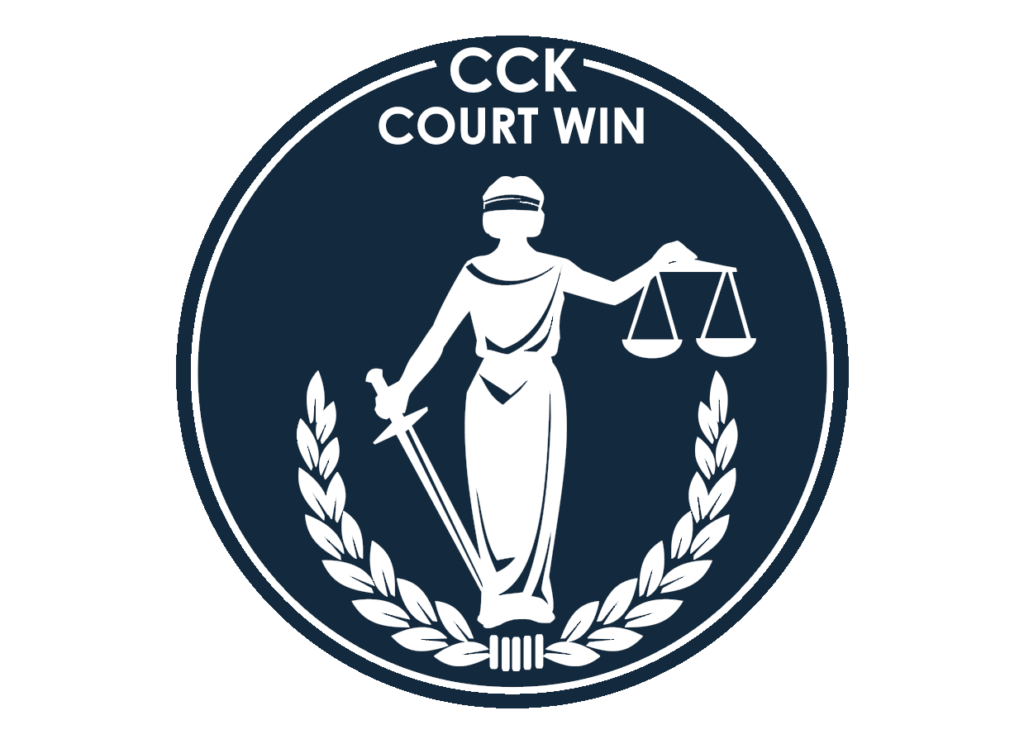Skin Cancer Denial Contained Legal Error

CCK Law: Our Vital Role in Veterans Law
Summary of the Case
The Veteran served honorably in the United States Air Force for 20 years from May 1960 to May 1980, including service in Vietnam. He initially applied for service-connected compensation for skin cancer as due to herbicide exposure in 2014, and was denied. He then continued to appeal this issue to the Board of Veterans’ Appeals, but was again denied.
Board denies service connection for skin cancer
On August 2, 2017, the Board issued a decision denying service connection for the Veteran’s skin cancer as due to herbicide exposure. In its decision, the Board found that the medical evidence of record did not suggest that the Veteran’s skin cancer was related to military service, to include his conceded exposure to herbicide agents such as Agent Orange. While the Board considered the Veteran’s lay evidence of record, which suggested his skin cancer was related to herbicide exposure, it ultimately afforded the objective evidence of record greater probative weight. Additionally, the Board held that skin cancer is not a presumptive condition linked to herbicide exposure.
CCK appeals to the Court
CCK successfully appealed to the Court of Appeals for Veterans Claims the Board decision that denied service connection for the Veteran’s skin cancer, as due to herbicide exposure. CCK argued that the Board failed to consider whether additional evidence was necessary to determine the relationship between the Veteran’s skin cancer and his conceded in-service exposure to herbicides. Moreover, CCK asserted that the Board denied service connection without an adequate explanation. Specifically, the Board only considered service connection on a presumptive basis, relying on the fact that skin cancer is not a presumptive condition associated with herbicide exposure. It did not provide an explanation for why it denied service connection on a direct basis. CCK further challenged that the Board relied on an inadequate medical examination that did not address this issue of herbicide exposure, and did not explain why a new exam was not warranted.
CAVC agrees with CCK’s arguments
CCK argued, and the Court agreed, that the Board failed to provide an adequate statement of reasons or bases for denying service connection for the Veteran’s skin cancer. The Court held that it was unclear how the Board reached its conclusion and whether it considered herbicide exposure as part of its determination. Here, the Court acknowledged that the Board did not discuss the fact that the VA examiner made no mention of the Veteran’s herbicide exposure. Therefore, the Court could not determine if the Board did not believe the examiner was required to address herbicide exposure or if it relied on its own medical judgment. Importantly, the Court affirms that the availability of service connection does not preclude a grant of service connection on a direct basis. As such, the Board cannot simply note that skin cancer is not a presumptive condition in denying service connection. Accordingly, the Court vacated the Board’s decision and remanded the case back to the Board for readjudication.
About the Author
Share this Post
